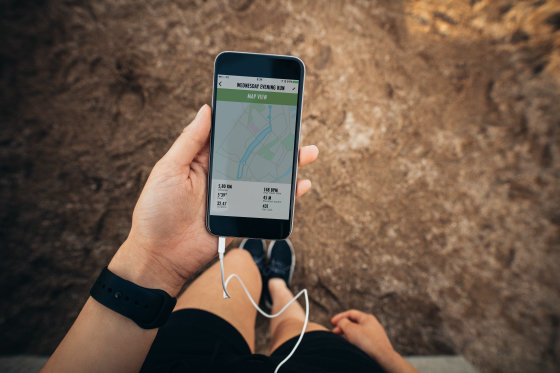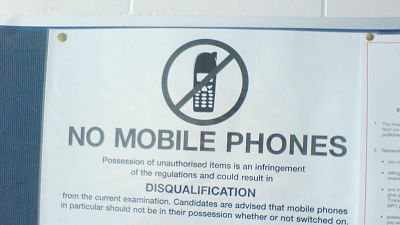Attendance management systems using smartphones are spreading at universities, and there are also cases where students track their current location and contact them directly

by
At universities in the United States, the use of Bluetooth beacons, Wi-Fi networks, and student smartphones to keep track of where students are located is being used to help manage attendance and identify problems early. It has been pointed out that privacy is greatly impaired in the situation where universities use smartphones to monitor students.
Colleges are turning students' phones into surveillance machines-The Washington Post
https://www.washingtonpost.com/technology/2019/12/24/colleges-are-turning-students-phones-into-surveillance-machines-tracking-locations-hundreds-thousands/
US Colleges Turning Students' Phones Into Surveillance Devices, Tracking Locations of Hundreds of Thousands-The Union Journal
https://theunionjournal.com/us-colleges-turning-students-phones-into-surveillance-devices-tracking-locations-of-hundreds-of-thousands/
According to the Washington Post, the number of universities that monitor students using Bluetooth installed on smartphones and Wi-Fi networks spread throughout the university in recent years is increasing. One of these monitoring systems is called SpotterEDU . For example, when a freshman enters a classroom to take a lecture on applied chemistry by Professor Jeff Rubin, seven Bluetooth beacons installed in the classroom connect to the student's smartphone app and manage attendance. And when the student skips the class, the system recognizes it and tracks subsequent actions, which may be a factor in lowering the grade in some cases. The system informs Professor Rubin that the student did not attend the class, so the teacher can also contact the student and find out where he is.
Professor Rubin describes such a system: 'Because students know I'm seeing their behavior, behavior changes.' In fact, the attendance rate of Professor Rubin's course has increased to more than 90% by introducing the system.
Many companies that make such systems use Bluetooth transmitters and Wi-Fi to determine the location of students, and some systems collect location information as many as 6,000 times per student per day. thing. Universities claim that using a tracking system can help them to intervene faster in problems and help students succeed.

by
However, there have been critics of this easy-to-monitor system that violate student privacy and undermine university student independence. 'These supervisors justify student surveillance to achieve the results they want,' said Associate Professor Kyle Jones of Indiana University. Jones is also concerned about the danger of using the system to monitor ethnic minorities.
Rick Carter, the chief of SpotterEDU, is a former basketball coach who has been using SpotterEDU systems and apps since 2015 to monitor student players.
But according to SpotterEDU, the company's system is more than just an attendance management tool. Tracking where students are spending their time in college has made it possible to detect student 'distress'. For example, avoiding the cafeteria indicates that the student has a social problem, and absent from class suggests a depression. Of course, this information is not conclusive, but it is thought to be useful information and can be applied to prevent potential students from dropping out of their way.
According to Carter, at the time of writing, 40 departments, including Auburn University, Central Florida University, and Columbia University, were affiliated with SpotterEDU, and 1.5 million students were recorded in the past 12 months. Some parents want their children to be under university supervision, and Carter has stated that college needs to share information with student parents.

by seventyfourimages
On the other hand, Robbie Piper, a sophomore at Virginia Commonwealth University, said, 'We're adults. Why do we need to monitor? Why is this important? What are the benefits for us? Do you ask? '
Related Posts:
in Mobile, Posted by darkhorse_log







